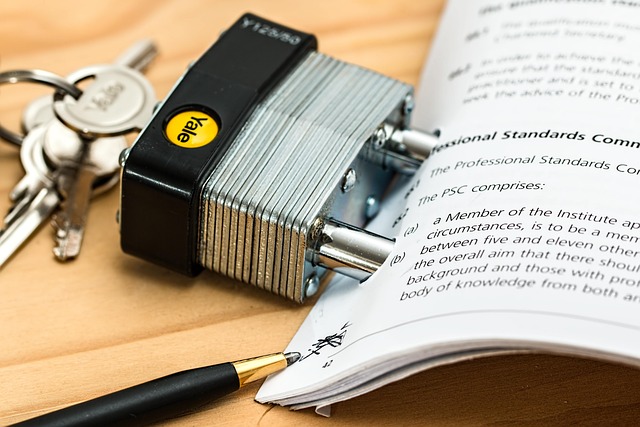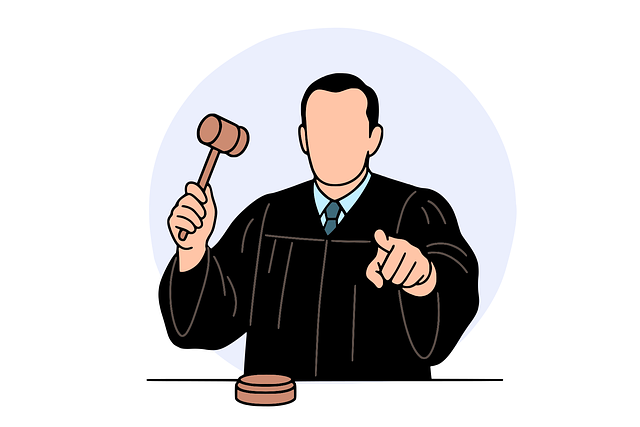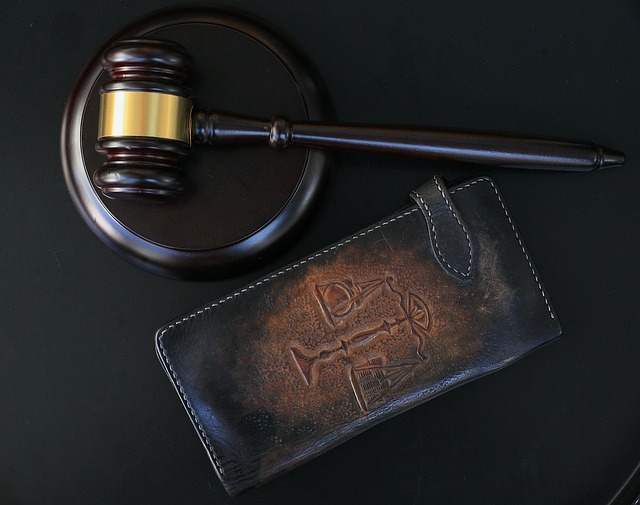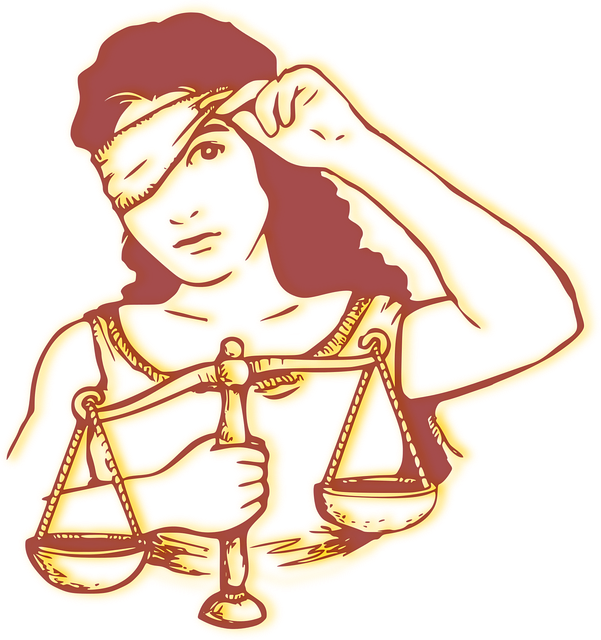After a motorcycle accident, assessing fault is critical as it dictates liability and compensation. This process requires understanding unique motorcycle dynamics and examining evidence like witness statements, surveillance footage, and expert opinions. Swift action after the crash includes assessing injuries, documenting the scene, exchanging insurance info, and consulting an auto accident lawyer early on. A specialized lawyer can navigate complex fault determinations, review evidence, and ensure state laws are considered, improving chances of a successful personal injury claim for damages related to the motorcycle accident.
“Motorcycle accidents can be devastating, and assessing fault is crucial for all involved parties. This comprehensive guide explores the intricate process of motorcycle accident fault assessment, emphasizing the urgency of immediate actions after a crash.
We’ll delve into key steps to take following an accident, including gathering evidence, seeking medical attention, and understanding your legal rights and options. By understanding these aspects, riders can navigate the aftermath effectively and ensure justice.”
- Understanding Motorcycle Accident Fault Assessment
- Immediate Action Steps After a Motorcycle Crash
- Legal Implications and Rights Following a Motorcycle Accident
Understanding Motorcycle Accident Fault Assessment

In the aftermath of a motorcycle accident, assessing fault is a crucial step that can significantly impact the outcome for all involved parties. Fault assessment in motorcycle accidents differs from other types of incidents like slip and fall or car collisions due to the unique dynamics and risks associated with two-wheel vehicles. It requires a comprehensive understanding of factors such as rider responsibility, vehicle maintenance, road conditions, and compliance with traffic regulations.
Motorcycle accident fault assessment involves examining evidence, including witness statements, surveillance footage, and expert opinions, to determine who or what contributed to the collision. This process is essential in establishing liability, which can lead to product liability claims if defects in the motorcycle or its components are identified, or negotiate fair accident settlements between parties.
Immediate Action Steps After a Motorcycle Crash

After a motorcycle crash, immediate action is crucial to ensure your safety and protect your legal rights. The first step is to assess any injuries and seek medical attention if needed. Next, document the scene of the accident by taking photos of the damage to both vehicles, gathering contact information from other drivers involved, and noting the exact location and conditions at the time of the crash. These steps are essential for establishing motorcycle accident fault later on.
It’s also important to exchange insurance information with the other party involved and report the incident to your insurance company promptly. Additionally, consider consulting an auto accident lawyer or accident attorney as soon as possible to understand your rights and options. They can help you navigate the legal process, especially when dealing with complex cases of motorcycle accident fault, and even assist in pursuing wrongful death claims if necessary.
Legal Implications and Rights Following a Motorcycle Accident

In the aftermath of a motorcycle accident, understanding your legal rights and options is crucial. The assessment of fault in such incidents can be complex due to the unique dynamics of two-wheeled vehicles on the road. As a motorcyclist, you have specific protections and entitlements under the law, which may vary by jurisdiction. These include the right to seek compensation for injuries suffered, property damage, and other associated losses. An accident lawyer specializing in motorcycle accidents can guide you through this process, ensuring your rights are protected and that you receive fair compensation.
Determining fault is a critical step in any personal injury claim. In many cases, it involves investigating the circumstances surrounding the crash, reviewing evidence such as police reports, witness statements, and surveillance footage, and understanding state laws regarding motor vehicle safety and conduct. Establishing fault can significantly impact your ability to secure a successful personal injury claim, ensuring you receive just reimbursement for medical expenses, lost wages, and other relevant damages.
In the aftermath of a motorcycle accident, swift action is crucial for assessing fault and protecting your legal rights. Understanding the process of determining responsibility is key to ensuring you receive the compensation you deserve. By taking immediate steps after the crash, such as gathering evidence and seeking medical attention, you can navigate the complexities of a motorcycle accident fault assessment effectively. Remember, knowledge of your rights and prompt action are essential tools in securing a favorable outcome.





